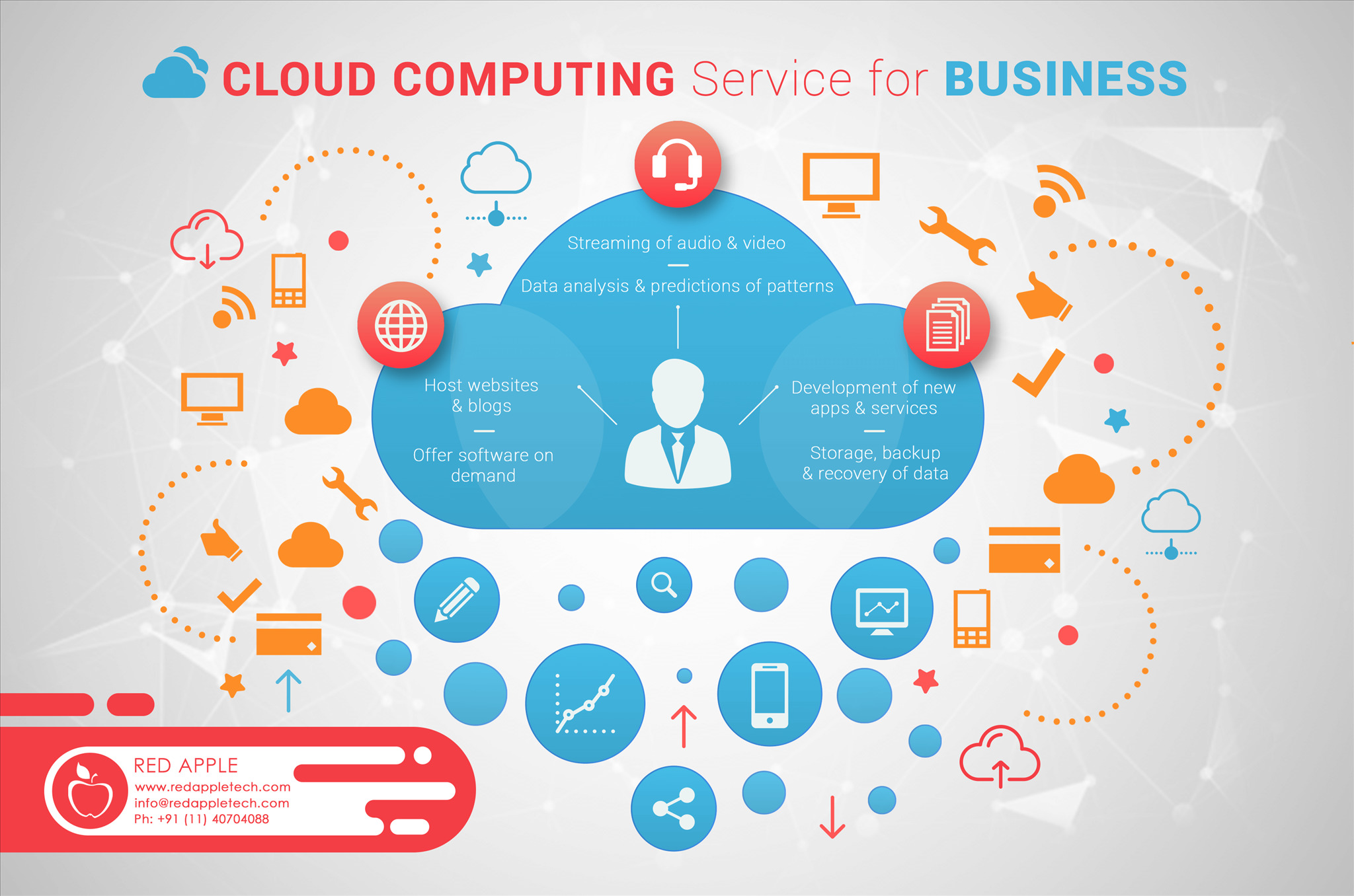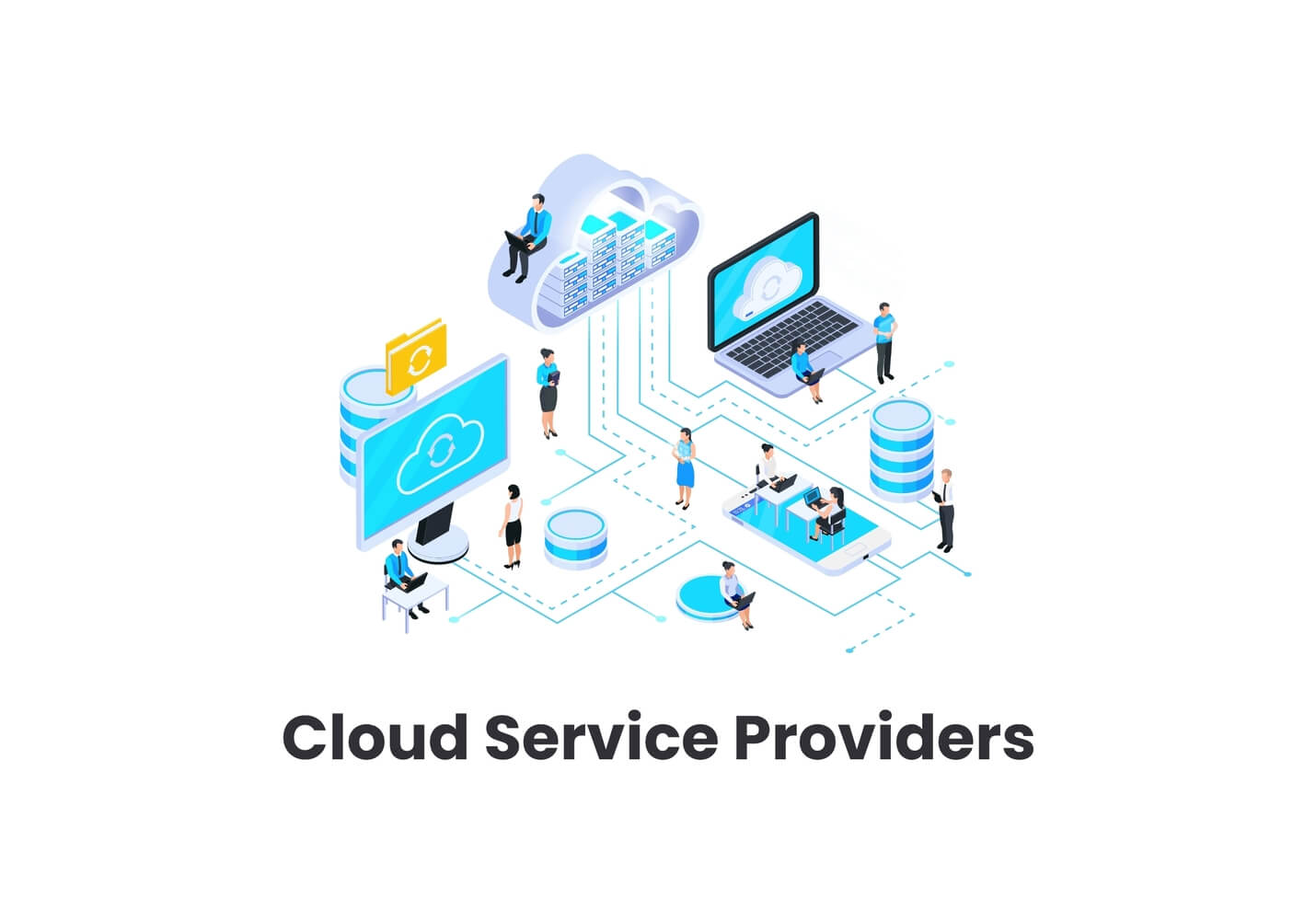Discover LinkDaddy Cloud Services for Universal Cloud Service Success: Press Release Insights
Streamline IT Management With Cloud Services
Cloud solutions have arised as a feasible service for organizations looking to improve performance, minimize prices, and enhance overall IT efficiency. How precisely do these cloud services change conventional IT monitoring methods? Let's discover the transformative effect of leveraging cloud solutions on IT operations and the vital considerations for effective application.
Benefits of Cloud Provider

Additionally, cloud services enable organizations to improve their operational effectiveness by enhancing procedures and minimizing the moment and sources required for managing IT infrastructure. With cloud solutions, services can automate routine tasks, such as software application updates and data backups, releasing up IT groups to focus on more tactical initiatives that drive business worth.

Enhanced Scalability and Versatility
Cloud solutions offer businesses with unmatched scalability and flexibility in handling their IT resources effectively. Scalability is a crucial function of cloud solutions that allows business to conveniently adjust their IT sources based upon demand. With cloud services, organizations can quickly scale up or down their computing sources, storage space capability, and network data transfer to fulfill changing requirements without the demand for significant upfront investments in equipment. This adaptability enables organizations to adjust to rising and fall workloads, seasonal demands, or unforeseen development without experiencing downtime or efficiency issues.
Furthermore, cloud services provide the adaptability to select from a variety of solution designs, such as Facilities as a Solution (IaaS), Platform as a Service (PaaS), or Software as a Solution (SaaS), based on the particular needs of the organization. The boosted scalability and adaptability used by cloud services encourage services to optimize their IT procedures and stay agile in today's vibrant market setting.

Cost-Effectiveness and Financial Savings
With the capacity to effectively allocate sources based on demand, businesses using cloud solutions can harness considerable cost-effectiveness and understand substantial financial savings in their IT operations. Cloud solutions offer a pay-as-you-go design, permitting companies to only spend for the resources they utilize, removing the need for big upfront investments in equipment and software program. This scalability guarantees that services can easily adapt to changing needs without overspending on unnecessary resources. In addition, cloud services lessen upkeep prices by shifting the responsibility of equipment maintenance and software updates to the company. This lowers the need for devoted IT personnel to handle infrastructure, further reducing operational expenditures. The cloud supplies economic climates of range, with carriers spreading out prices throughout several clients, resulting in lower individual prices for solutions like storage space and computer power. On the whole, the cost-effectiveness and financial savings accomplished with cloud services enable companies to reallocate sources in the direction of advancement and growth initiatives.
Improved Security and Conformity
Enhancing the general security stance and making certain governing compliance are extremely important considerations for organizations leveraging cloud services in their IT monitoring methods. Cloud company offer sophisticated security procedures, such as information file encryption, multi-factor verification, and automated backups, which can boost a company's safety structure. These suppliers also stick to rigorous regulatory requirements, such as GDPR, HIPAA, and PCI DSS, helping services fulfill compliance demands extra efficiently.
Applying cloud services can enhance protection by offering streamlined control over accessibility administration, surveillance, and data defense. This centralized approach simplifies security management and guarantees regular application of security policies across the organization. Additionally, cloud solutions frequently offer real-time protection updates and patches, reducing the risk of vulnerabilities and potential breaches.
Ideal Practices for Cloud Implementation
Implementing cloud services successfully requires an organized strategy that incorporates thorough preparation and thorough execution. To ensure click to find out more a smooth transition to the cloud, companies need to start by conducting an extensive assessment of their existing IT framework and determining which workloads appropriate for migration. It is necessary to develop clear investigate this site goals and define key efficiency signs (KPIs) to measure the success of the cloud implementation.
Among the most effective practices for cloud application is to thoroughly pick a cloud provider that lines up with the organization's demands in regards to safety and security, scalability, cost-effectiveness, and compliance. Furthermore, developing a comprehensive movement plan that details the actions included, timelines, and duties is essential for an effective implementation.
Routinely maximizing and keeping track of cloud sources to make certain efficient efficiency and price management is one more important aspect of cloud implementation finest techniques. Continual assessment of the cloud atmosphere and remaining educated about updates and new functions used by the cloud provider can even more improve the organization's cloud method. By adhering to these ideal practices, organizations can improve their IT administration and maximize the benefits of cloud services.
Conclusion
In conclusion, leveraging cloud solutions for IT administration uses various benefits, consisting of improved scalability, cost-effectiveness, improved security, and conformity. Generally, cloud services boost functional effectiveness and agility in handling IT facilities.
Additionally, cloud solutions supply the flexibility to pick from a range of service versions, such as Facilities as a Service (IaaS), System as a Service (PaaS), or Software Program as a Service (SaaS), based on the specific demands of the organization. Furthermore, cloud solutions lessen maintenance costs by moving the responsibility of equipment upkeep and software program updates to the service carrier.Enhancing the general security stance and making certain governing compliance are critical factors to consider for companies leveraging cloud services in their IT administration try this out strategies.Routinely keeping track of and maximizing cloud sources to ensure effective efficiency and cost monitoring is another essential element of cloud implementation ideal practices. Constant evaluation of the cloud atmosphere and remaining informed concerning updates and new attributes provided by the cloud service provider can better enhance the company's cloud strategy.